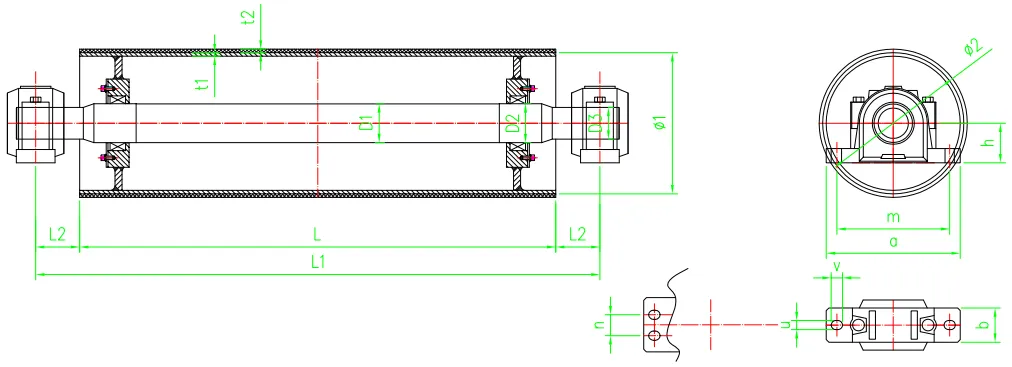 Afrikaans
Afrikaans  Albanian
Albanian  Amharic
Amharic  Arabic
Arabic  Armenian
Armenian  Azerbaijani
Azerbaijani  Basque
Basque  Belarusian
Belarusian  Bengali
Bengali  Bosnian
Bosnian  Bulgarian
Bulgarian  Catalan
Catalan  Cebuano
Cebuano  Corsican
Corsican  Croatian
Croatian  Czech
Czech  Danish
Danish  Dutch
Dutch  English
English  Esperanto
Esperanto  Estonian
Estonian  Finnish
Finnish  French
French  Frisian
Frisian  Galician
Galician  Georgian
Georgian  German
German  Greek
Greek  Gujarati
Gujarati  Haitian Creole
Haitian Creole  hausa
hausa  hawaiian
hawaiian  Hebrew
Hebrew  Hindi
Hindi  Miao
Miao  Hungarian
Hungarian  Icelandic
Icelandic  igbo
igbo  Indonesian
Indonesian  irish
irish  Italian
Italian  Japanese
Japanese  Javanese
Javanese  Kannada
Kannada  kazakh
kazakh  Khmer
Khmer  Rwandese
Rwandese  Korean
Korean  Kurdish
Kurdish  Kyrgyz
Kyrgyz  Lao
Lao  Latin
Latin  Latvian
Latvian  Lithuanian
Lithuanian  Luxembourgish
Luxembourgish  Macedonian
Macedonian  Malgashi
Malgashi  Malay
Malay  Malayalam
Malayalam  Maltese
Maltese  Maori
Maori  Marathi
Marathi  Mongolian
Mongolian  Myanmar
Myanmar  Nepali
Nepali  Norwegian
Norwegian  Norwegian
Norwegian  Occitan
Occitan  Pashto
Pashto  Persian
Persian  Polish
Polish  Portuguese
Portuguese  Punjabi
Punjabi  Romanian
Romanian  Russian
Russian  Samoan
Samoan  Scottish Gaelic
Scottish Gaelic  Serbian
Serbian  Sesotho
Sesotho  Shona
Shona  Sindhi
Sindhi  Sinhala
Sinhala  Slovak
Slovak  Slovenian
Slovenian  Somali
Somali  Spanish
Spanish  Sundanese
Sundanese  Swahili
Swahili  Swedish
Swedish  Tagalog
Tagalog  Tajik
Tajik  Tamil
Tamil  Tatar
Tatar  Telugu
Telugu  Thai
Thai  Turkish
Turkish  Turkmen
Turkmen  Ukrainian
Ukrainian  Urdu
Urdu  Uighur
Uighur  Uzbek
Uzbek  Vietnamese
Vietnamese  Welsh
Welsh  Bantu
Bantu  Yiddish
Yiddish  Yoruba
Yoruba  Zulu
Zulu Drive Rollers Designed for Efficient Belt Conveyor Systems and Operations
Drive Rollers for Belt Conveyors An Essential Component in Material Handling
Belt conveyors play a pivotal role in various industries, serving as the backbone of material handling systems. Central to the function of these conveyors are drive rollers, which are essential components that facilitate the movement of materials along the conveyor belt. Selecting the right drive rollers is crucial for ensuring operational efficiency, reliability, and durability.
Understanding Drive Rollers
Drive rollers, often referred to as drive pulleys, are the cylindrical components located at the head of the conveyor system. They drive the conveyor belt forward through friction generated between the roller and the belt surface. The effective operation of a belt conveyor heavily relies on the design, material, and maintenance of these rollers. When choosing drive rollers, several critical factors must be considered, including size, shaft configuration, and the type of material being transported.
Types of Drive Rollers
Drive rollers come in various configurations to cater to different operational needs. The most common types include
1. Steel Drive Rollers Known for their strength and durability, steel rollers are widely used in heavy-duty applications. They support higher loads and can withstand harsh environments, making them suitable for industries such as mining and construction.
2. Aluminum Drive Rollers These rollers are lighter than steel and offer corrosion resistance. Their lightweight nature makes them ideal for applications where reducing overall conveyor weight is essential, such as in packaging and light manufacturing.
3. Rubber-Mounted Drive Rollers These rollers are designed with rubber coatings that enhance friction between the roller and the belt, improving the drive mechanism. They are especially useful in applications with high incline angles or where there is a risk of slippage.
4. Plastic Drive Rollers Offering a lightweight and corrosion-resistant alternative, plastic rollers are often used in food processing or pharmaceutical applications. Their non-reactive surfaces make them suitable for environments where hygiene is paramount.
drive rollers for belt conveyors

Key Considerations When Selecting Drive Rollers
When selecting drive rollers for a belt conveyor, several factors must be addressed
- Load Capacity Every application has its unique load requirements. It's vital to select rollers that can handle the weight, as overloading can cause premature wear and unexpected failures.
- Belt Width and Thickness The dimensions of the conveyor belt must correlate with the size of the drive rollers. A well-matched system will ensure smooth operation and minimize potential belt slippage.
- Operating Environment Environmental conditions, including moisture, temperature extremes, and exposure to chemicals, can affect material selection. This consideration ensures that the rollers will perform effectively and last longer under the given conditions.
- Maintenance Requirements Regular maintenance is essential for longevity and performance. Selecting rollers that are easy to maintain can save both time and costs in the long run.
Importance of Proper Installation and Maintenance
The performance and lifespan of drive rollers greatly depend on proper installation and maintenance. During installation, ensuring that the rollers are correctly aligned and tensioned can prevent uneven wear on both the rollers and the belt. Furthermore, regular maintenance checks, including inspections for wear and tear, lubrication of bearings, and alignment checks, are critical in preventing operational disruptions.
Conclusion
Drive rollers are indispensable components of belt conveyors, providing the necessary force to move materials efficiently through various processes. By understanding the types, key considerations, and the importance of correct maintenance, industries can ensure that their conveyor systems operate effectively and reliably. Investing in quality drive rollers tailored to specific applications will not only enhance productivity but also reduce operational costs associated with breakdowns and maintenance. As industries continue to evolve with advances in technology, the role of drive rollers in optimizing material handling processes will undoubtedly remain crucial.
-
Revolutionizing Conveyor Reliability with Advanced Rubber Lagging PulleysNewsJul.22,2025
-
Powering Precision and Durability with Expert Manufacturers of Conveyor ComponentsNewsJul.22,2025
-
Optimizing Conveyor Systems with Advanced Conveyor AccessoriesNewsJul.22,2025
-
Maximize Conveyor Efficiency with Quality Conveyor Idler PulleysNewsJul.22,2025
-
Future-Proof Your Conveyor System with High-Performance Polyurethane RollerNewsJul.22,2025
-
Driving Efficiency Forward with Quality Idlers and RollersNewsJul.22,2025





























